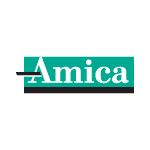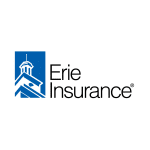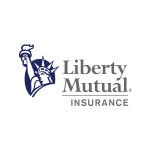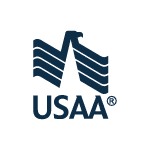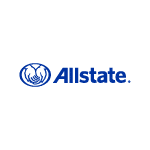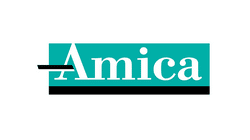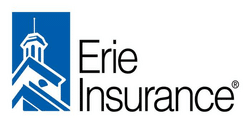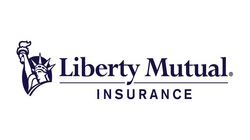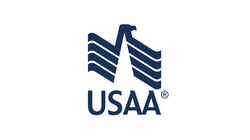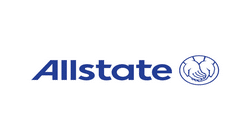How to Find Cheap Homeowners Insurance
Consider Lowering Your Deductible
The lower your deductible, the less your insurance company has to pay to cover the loss. In turn, this means that your premium will be lower too. However, think twice before you do this. Essentially, you’ll be trading a lower premium for inferior coverage; while this might seem better in the short-term, long-term — it might come back to haunt you.
Study Homeowners Insurance Reviews
Not all insurance companies are made equal. Some offer top-notch customer service, others excel in financial strength, while some are the champions of affordability.
Likewise, no two customers are alike. Each individual resides in a different house and has different insurance needs.
That’s why exploring the market is an essential task for all customers. And the optimal way to do it is to start from the top-rated home insurance companies according to the independent reviews. Make a group of 5–8 companies with the best scores then get a quote for each and move them down the list if you don’t like the prices.
Get the Most out of Discounts
The simplest way to get more affordable insurance is to take full advantage of discounts. To do that, select all premium reductions you are eligible for.
That’s easier to do online since the system will automatically offer you discounts to check. If you are getting a quote by phone, make sure to remind the agent about the most recent updates and the safety features of your home, even if they are not mentioned in the insurance application.
Compare Home Insurance Quotes
If we had to give just one piece of advice on how to get a more affordable policy, this would be it. Comparing quotes from different insurers is the optimal way to see who offers the best deal for your profile.
It’s essential that you do it yourself instead of relying on comparisons on websites like this one. That’s because every home is unique, and each insurer will assess it differently.
It’s also crucial to make this comparison every year, since the prices may change. For instance, a major player like Allstate may offer more expensive quotes at the moment, but if its market share starts to decline, it will slash the prices to attract more customers.
What Influences Home Insurance Rates
Building’s Value
Buying a policy that’s more than just liability will influence your premium the most. After all, the building’s value indicates how much an insurer needs to spend to fix any damages or rebuild the entire dwelling.
That’s why insurers insist on getting accurate estimates while insuring the building up to its value. To make sure you did your part, ask your agent to deliver a professional estimate to your insurance company.
Building’s Age
All things being equal, older buildings will be more expensive to insure. That’s because any homeowners insurance company will take into account the higher chances of something breaking down due to wear and tear.
Some insurers will even refuse to write very old buildings.
Roof and HVAC Updates
One way to substantially reduce the insurance expenses of an older building is to update its roof and electric, plumbing, and heating systems. Replacing the older systems with new ones significantly reduces the chances of a leak or a fire, and insurance companies will reward these actions with lower premiums.
Materials Used for Walls, Roofs, Plumbing, and Wiring
These factors have a significant influence on home insurance rates. For instance, masonry homes are more resistant to wind and fire and circuit breakers are less likely to spark. Opt for the materials and systems with good safety records, and you’ll pay less.
Fire Protection Class
How far is the nearest hydrant and fire department? Are the roads to your house accessible all year long? Every homeowners application has these or similar questions. That’s because the answers may be the difference between $5,000 in damages and a total loss.
Additional Liability Risk Factors
If you bought the liability coverage, any items that are typically not excluded would increase your premium. These include dogs, pools, any slides, and treehouses, among others. If you have any of these, consult with your home insurance broker about adding an endorsement to exclude such risks as well. Your wallet will thank you for it.
Building Style and Foundation
Foundation type and the building style typically have minor influence over the premium. However, if a particular kind of risk is always present, it may affect the prices more. For instance, if the house is in the earthquake zone, underwriters will prefer a home with more stable foundations.
Protective Devices
Fire and smoke detectors, sprinklers, burglar alarms, and similar devices all mitigate the possible damage. That’s why property insurance companies will ask about their presence in the application and grant lower rates if they are installed.
Flood/Hurricane/Earthquake Zones
Do you live in an area that’s known for hurricanes? Then the underwriter will prefer a masonry building with a stable foundation and protective shutters installed. They will charge more or even refuse to cover frame buildings. However, even if your house is up to spec, insurers will charge more if natural disasters are frequent.
Similar rules apply to all-hazard zones.
Occupancy
Is the building vacant? Occupied just seasonally, or year-long? How many people, and how many families live inside? The answer to these questions influences the premium and how the underwriters will assess the building as a whole. Homeowners insurance companies will prefer a vacant building that’s inspected frequently, but also secured and with the utilities turned off, for instance. So, make sure you conduct timely inspections; especially so if the building remains empty most of the time.

